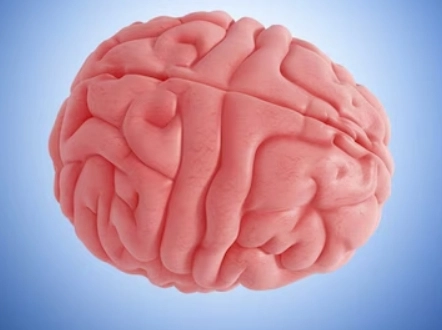
Recent studies have shed light on the alarming reality that lifestyle choices can significantly accelerate brain ageing, compromising cognitive function and increasing the risk of neurodegenerative diseases. Experts warn that certain habits, if left unchecked, can silently kill brain cells, leading to irreversible damage.
Dr Virajrao Kore, Consultant Geriatrician, Ruby Hall Clinic Pune, says, “The brain, a marvel of complexity and adaptability, remains in a constant state of evolution throughout life. However, certain detrimental habits can accelerate its ageing process and increase the risk of cognitive decline."
From a pharmaceutical perspective, it is essential to recognize the interplay between lifestyle factors and brain health. “Chronic stress, for instance, can disrupt the brain’s natural balance, leading to inflammation and oxidative stress. This can be intensified by poor sleep habits, a sedentary lifestyle, and a diet high in processed foods and sugar. Furthermore, the absence of essential nutrients, such as omega-3 fatty acids and antioxidants, can leave the brain vulnerable to damage," adds Dr Aravind Badiger, Technical Director, BDR Pharmaceuticals.
Dr Kore shares ten “S’s" that silently sabotage brain health, along with actionable steps to counter their impact.
Sleep is essential for brain repair, memory consolidation, and overall cognitive function. Chronic sleeplessness disrupts these processes, leading to memory problems, reduced focus, and a heightened risk of neurodegenerative diseases like Alzheimer’s.
Counter It:
Persistent stress floods the brain with cortisol, a hormone that can shrink the hippocampus (the centre for learning and emotions), impair memory, and disrupt decision-making.
Counter It:
Humans are inherently social beings. A lack of meaningful connections can lead to loneliness, depression, and cognitive decline, depriving the brain of the stimulation it needs to stay sharp and adaptive.
Counter It:
Nicotine restricts blood flow to the brain, damages neurons, and significantly increases the risk of stroke and dementia. Smoking also accelerates oxidative stress, which can harm brain cells.
Counter It:
Excessive exposure to screens not only strains the eyes but also impairs cognitive health by promoting a sedentary lifestyle, disrupting sleep cycles, and reducing attention spans.
Counter It:
Excess sugar consumption triggers inflammation, disrupts insulin regulation, and interferes with brain signalling, leading to memory issues and a higher risk of cognitive disorders.
Counter It:
Physical inactivity reduces blood flow and oxygen delivery to the brain, hindering its ability to form new neural connections and adapt to new challenges.
Counter It:
Overindulging in alcohol damages neurons and disrupts communication between brain cells, impairing memory, judgment, and long-term cognitive health.
Counter It:
A diet high in processed foods, unhealthy fats, and sugars leads to obesity, systemic inflammation, and poor brain health.
Counter It:
Recreational drugs can have a devastating effect on brain structure and function, leading to long-term cognitive and emotional impairments.
Counter It: